Find A Professional
More Items From Ergsy search
-
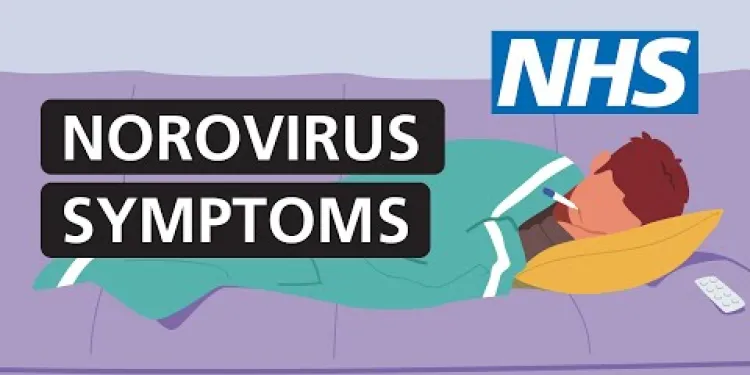
What is norovirus? (Diarrhoea and vomiting bug) | NHS
Relevance: 100%
-
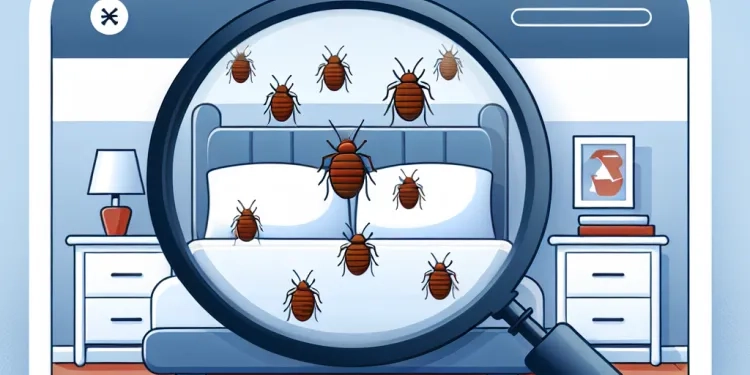
What are the signs of a bed bug infestation?
Relevance: 67%
-
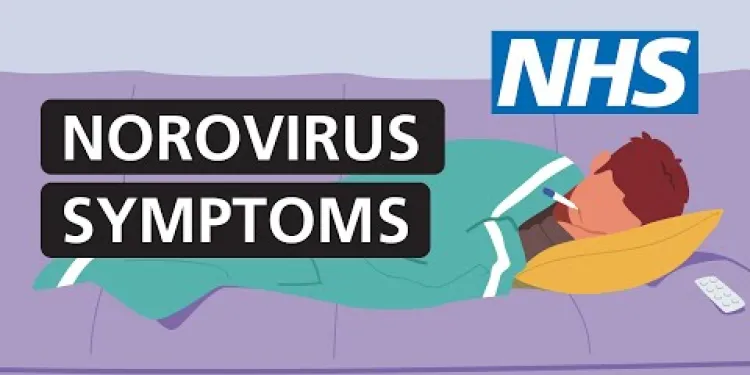
What is norovirus? (Diarrhoea and vomiting bug) | NHS
Relevance: 53%
-
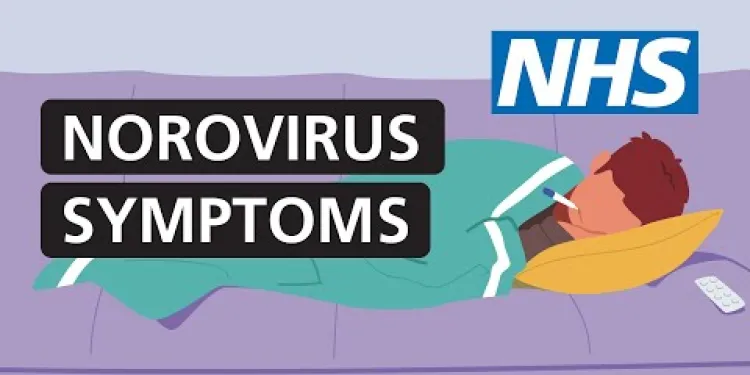
What is norovirus? (Diarrhoea and vomiting bug) | NHS
Relevance: 48%
-
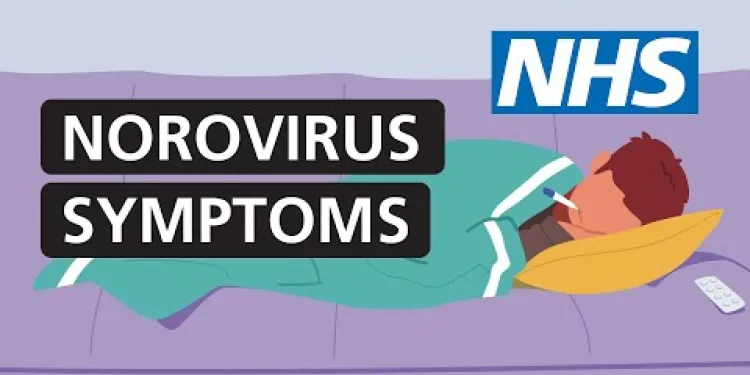
What is norovirus? (Diarrhoea and vomiting bug) | NHS
Relevance: 43%
-
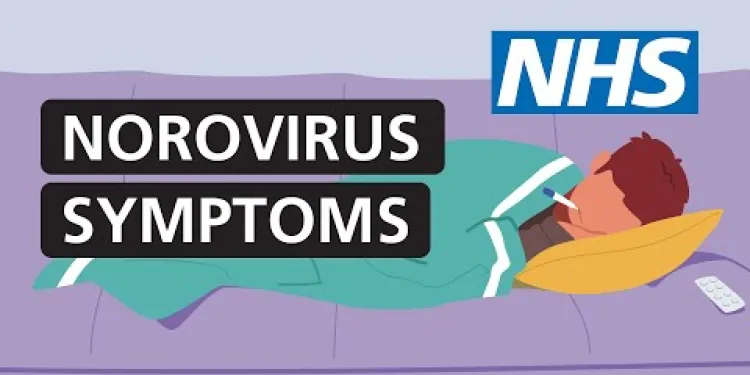
What is norovirus? (Diarrhoea and vomiting bug) | NHS
Relevance: 40%
-
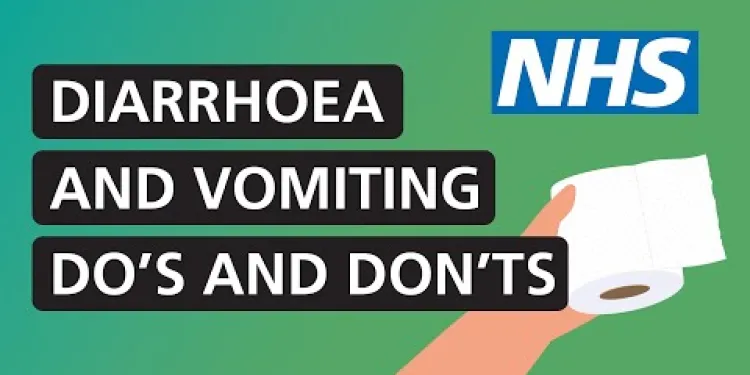
How to treat diarrhoea and vomiting at home (adults and children aged 5 and over) | NHS
Relevance: 35%
-
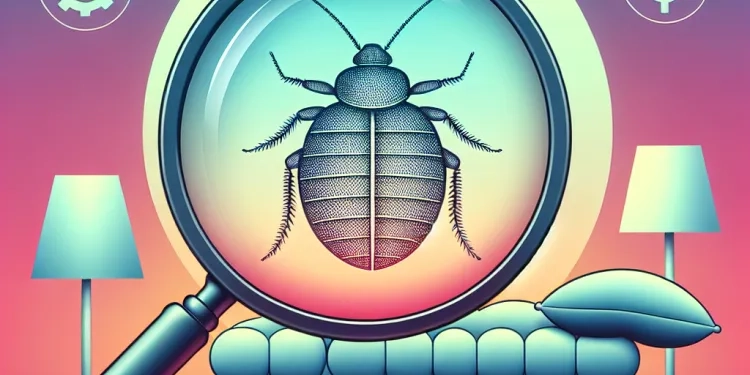
What are bed bugs?
Relevance: 34%
-
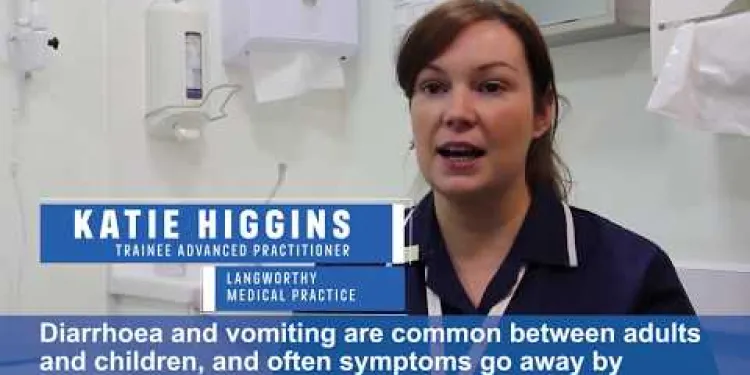
Advice for diarrhoea and vomiting
Relevance: 33%
-
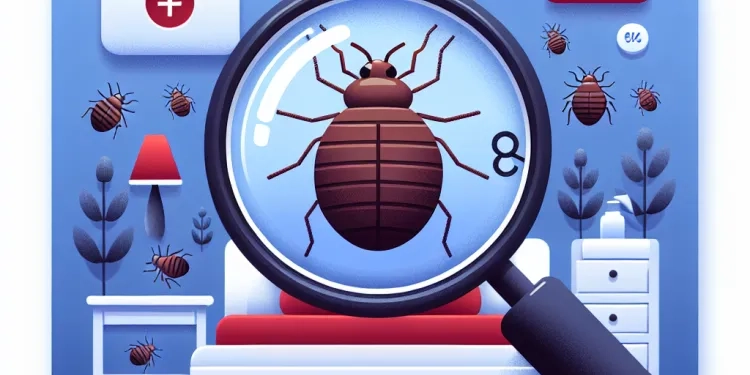
How can I tell if bites are from bed bugs?
Relevance: 31%
-
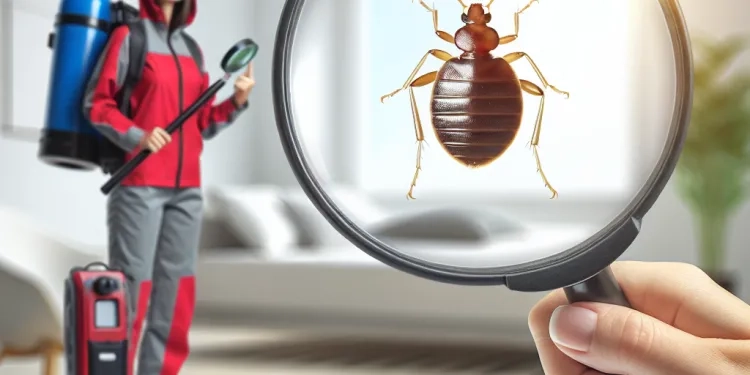
Can I get rid of bed bugs myself?
Relevance: 31%
-

Bed Bugs / bedbugs
Relevance: 31%
-
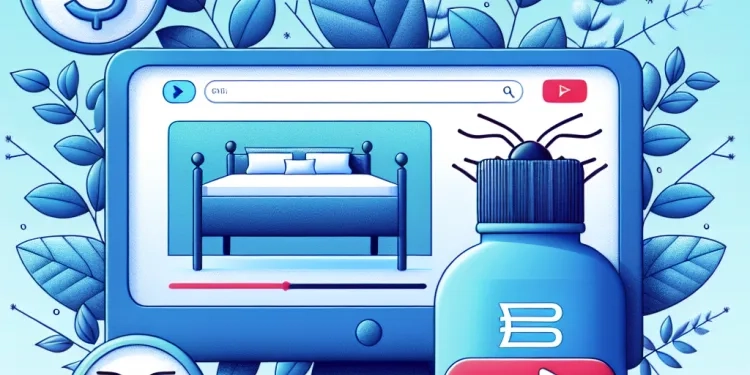
Are there any natural remedies for bed bugs?
Relevance: 30%
-

Will disposing of my mattress get rid of bed bugs?
Relevance: 30%
-

Why are bed bugs so difficult to eliminate?
Relevance: 29%
-
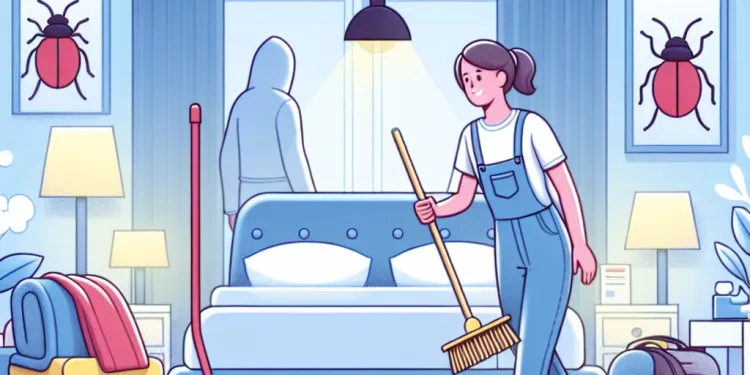
Are bed bugs dangerous?
Relevance: 29%
-

How can I prevent bringing bed bugs into my home?
Relevance: 29%
-

What items should I wash if I have bed bugs?
Relevance: 27%
-

My child has vomiting and diarrhoea - what do I do?
Relevance: 27%
-
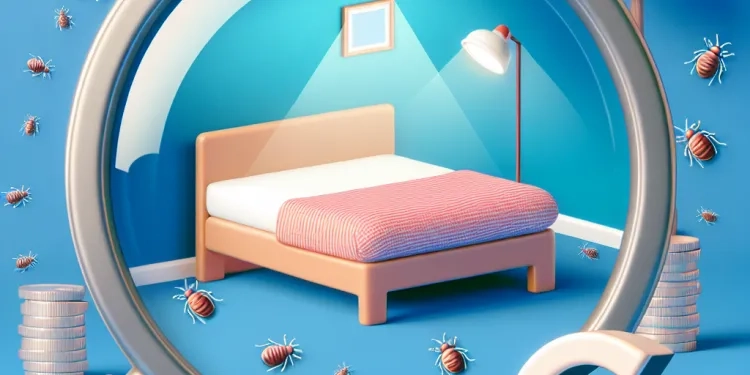
Do bed bugs only live in beds?
Relevance: 27%
-

How do bed bugs enter my home?
Relevance: 26%
-
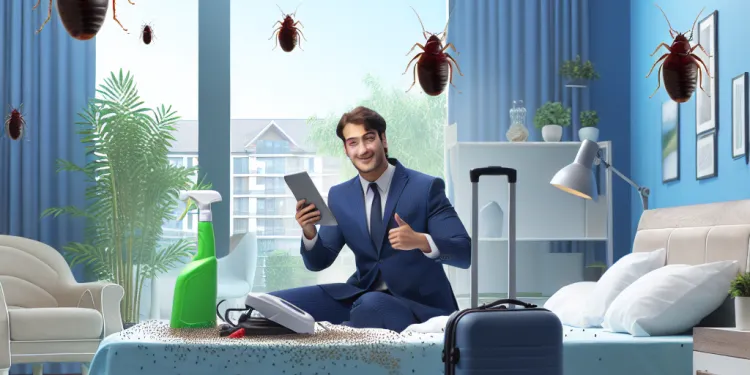
What should I do if I find bed bugs in my house?
Relevance: 26%
-

Diarrhoea - How to stop it? | UHL NHS Trust
Relevance: 24%
-

How much does professional bed bug extermination cost in the UK?
Relevance: 21%
-
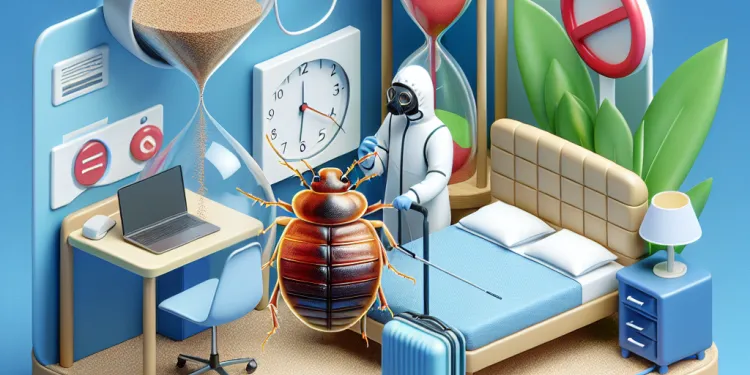
How long does a bed bug extermination process take?
Relevance: 19%
-

What are common side effects of Wegovy?
Relevance: 10%
-
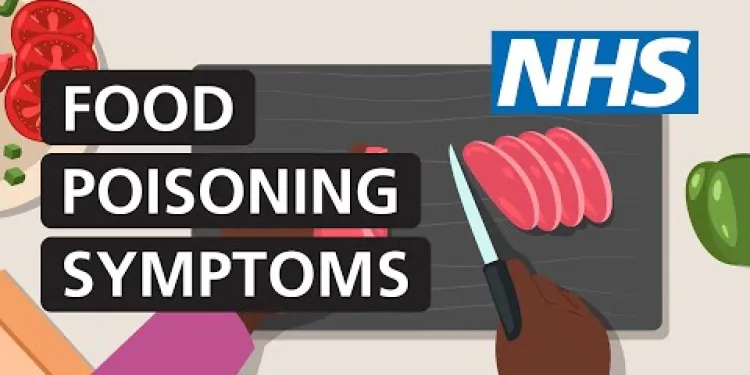
How to tell if you have food poisoning (symptoms) | NHS
Relevance: 8%
-

GPs Warn Antibiotic Overuse Could Lead to Superbug Crisis
Relevance: 6%
-
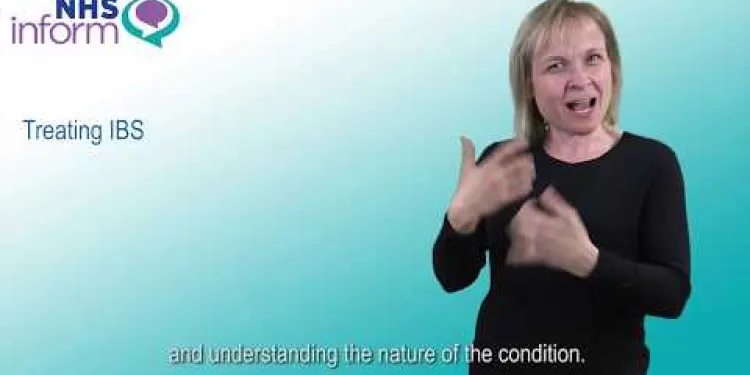
Treating irritable bowel syndrome (IBS)
Relevance: 5%
-

What are the symptoms of Marburg virus disease?
Relevance: 5%
-

Are there any common side effects of Mounjaro?
Relevance: 4%
-

What are the side effects of Ozempic?
Relevance: 4%
-

What are the common symptoms of appendicitis?
Relevance: 4%
-
What happens if I overdose on Ozempic?
Relevance: 4%
-

What are migraines and cluster headaches?
Relevance: 4%
-

Are there any serious risks associated with Ozempic?
Relevance: 4%
-

What are the common side effects of Ozempic?
Relevance: 4%
-

What are the side effects of Ibuprofen?
Relevance: 4%
-
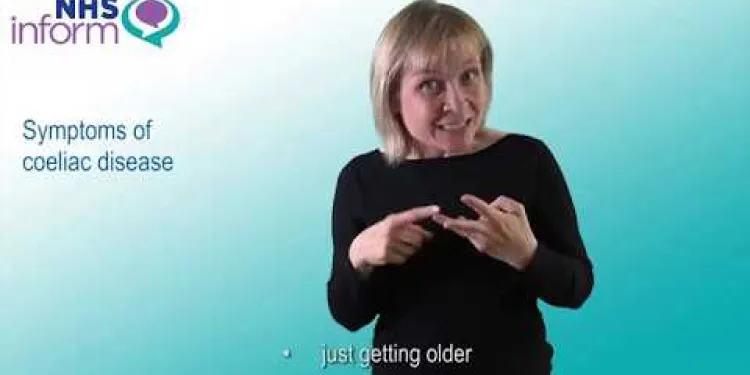
Symptoms of coeliac disease
Relevance: 4%
-

What is irritable bowel syndrome (IBS)?
Relevance: 4%
What is Norovirus? (Diarrhoea and Vomiting Bug)
Introduction to Norovirus
Norovirus, commonly referred to as the "winter vomiting bug," is a highly contagious virus that causes gastroenteritis, an inflammation of the stomach and intestines. It typically leads to sudden onset of severe vomiting and diarrhoea and is one of the most common causes of gastroenteritis in the United Kingdom. The infection is usually self-limiting, meaning it resolves without specific medical treatment, but it can lead to more severe illness in vulnerable populations like the elderly and young children.Symptoms of Norovirus
The symptoms of norovirus usually develop 12 to 48 hours after exposure and can last for up to 3 days. Common symptoms include: - Nausea and vomiting - Watery diarrhoea - Stomach cramps - Low-grade fever - Muscle aches - Headache Due to its highly contagious nature, it can easily spread through contaminated food, water, surfaces, and close contact with infected individuals.How Norovirus Spreads
Norovirus spreads easily and quickly, particularly in environments like hospitals, schools, and cruise ships. Key transmission methods include: - Consuming contaminated food or water - Touching contaminated surfaces and then touching the mouth - Close contact with infected individuals Due to its resilience, the virus can survive on surfaces for several days, making hygiene and cleanliness crucial in preventing its spread.Preventing Norovirus Infection
Preventing norovirus involves maintaining good personal hygiene and practising proper food safety: - Wash hands thoroughly with soap and water, especially after using the toilet and before eating or preparing food. - Regularly disinfect surfaces with appropriate cleaning solutions. - Wash fruits and vegetables thoroughly. - Cook seafood and other foods thoroughly to ensure the virus is killed. - Stay home from work or school when you are sick and for at least 48 hours after symptoms have subsided.Treatment for Norovirus
There is no specific medication for norovirus. Treatment primarily focuses on relieving symptoms and preventing dehydration: - Drink plenty of fluids to stay hydrated. Oral rehydration salts can be particularly useful. - Get plenty of rest. - If symptoms are severe or persistent, seek medical attention.When to Seek Medical Help
Although most people recover without complications, it is important to seek medical help if: - Symptoms persist for more than a few days - There are signs of severe dehydration such as dizziness, dry mouth, and reduced urine output - If you or someone you are caring for is very young, elderly, or has underlying health conditions Keeping informed about norovirus and practising good hygiene can significantly reduce the risk of an outbreak, helping to maintain better public health in communities across the United Kingdom.What is Norovirus?
Norovirus, often referred to as the "winter vomiting bug," is a highly contagious virus that causes gastroenteritis, inflammation of the stomach and intestines. It is the most common cause of diarrhoea and vomiting in the United Kingdom and can affect people of all ages. Although unpleasant, it typically resolves on its own within a few days.
Symptoms of Norovirus
Symptoms usually start 12 to 48 hours after exposure to the virus. The main symptoms include sudden onset of nausea, projectile vomiting, watery diarrhoea, and abdominal cramps. People may also experience mild fever, headache, and aching limbs. It is important to stay hydrated, as vomiting and diarrhoea can lead to dehydration, particularly in young children, the elderly, and those with underlying health conditions.
How Norovirus Spreads
Norovirus is extremely contagious, and outbreaks often occur in environments where people are in close quarters, such as hospitals, care homes, schools, and cruise ships. The virus is spread through direct or indirect contact with an infected person, contaminated surfaces, or by consuming contaminated food or water. It can survive on surfaces for several days and only a small number of virus particles are needed to cause infection.
Preventing Norovirus
While there is no vaccine for norovirus, there are measures you can take to reduce your risk of infection. Practice good hand hygiene by washing your hands thoroughly with soap and water, especially after using the toilet and before handling food. Disinfect surfaces with bleach-based cleaners and wash any contaminated clothing or linens at a high temperature. Avoid preparing food for others while symptomatic and for at least 48 hours after symptoms have stopped.
Treatment and When to Seek Help
There is no specific treatment for norovirus; rest and hydration are key. Drinking plenty of fluids helps prevent dehydration. Oral rehydration solutions are recommended for those who are particularly vulnerable to dehydration. Seek medical advice if symptoms persist beyond a few days or if signs of severe dehydration develop, such as reduced urination, dry mouth, dizziness, and lethargy.
What is Norovirus? (Diarrhoea and Vomiting Bug)
Introduction to Norovirus
Norovirus is often called the "winter vomiting bug." It is a germ that makes your tummy and intestines sick. It can cause you to throw up and have diarrhoea. Many people in the UK catch it. It usually goes away on its own, but it can be more dangerous for older people and young children.Symptoms of Norovirus
If you catch norovirus, you might feel sick 12 to 48 hours later, and it can last up to 3 days. You might have: - Feel like throwing up - Watery poo - Tummy ache - Mild fever - Achy muscles - Headache Norovirus spreads very easily. You can catch it from dirty food, water, surfaces, or being near someone who is sick.How Norovirus Spreads
Norovirus can spread quickly, especially in places like hospitals and schools. Here’s how: - Eating dirty food or drinking dirty water - Touching dirty things and then touching your face - Being close to someone with norovirus The germ can live on things for days, so keeping everything clean is important.Preventing Norovirus Infection
To stop catching norovirus, you should: - Wash hands well with soap and water, especially after using the toilet and before touching food. - Clean surfaces often with the right cleaning stuff. - Wash fruits and veggies well. - Cook fish and other foods all the way through. - Stay home when you are sick and for 2 days after you feel better.Treatment for Norovirus
There is no special medicine for norovirus. You can do these things to feel better: - Drink lots of water or fluids to avoid getting thirsty. Drinks with salts can be helpful. - Rest a lot. - If you feel very sick, talk to a doctor.When to Seek Medical Help
Most people get better without problems. But see a doctor if: - You are sick for more than a few days - You feel very thirsty, dizzy, have a dry mouth, or are not peeing much - You, a child, or someone older or sick is affected Knowing about norovirus and staying clean can help stop it from spreading, keeping everyone healthier.What is Norovirus?
Norovirus, also known as the "winter vomiting bug," is a virus that can make you very sick. It causes stomach and gut problems which can lead to vomiting and diarrhea. Anyone can get it, but it usually goes away in a few days.
Symptoms of Norovirus
Signs that you have norovirus usually start 1 to 2 days after you catch it. You might feel very sick suddenly, throw up, have watery poo, or have tummy pain. Some people also get a mild fever, headache, or achy muscles. Remember to drink lots of fluids because vomiting and diarrhea can make you lose a lot of water. This is especially important for young kids, older people, and anyone who is already not very well.
How Norovirus Spreads
Norovirus spreads very easily, especially in places like hospitals, care homes, schools, and cruise ships. You can catch it from touching people who are sick, touching things they have touched, or eating food and drinking water that has the virus in it. The virus can stay on things for days, and you don’t need much of it to get sick.
Preventing Norovirus
There is no shot to prevent norovirus, but you can take steps to stay healthy. Wash your hands well with soap and water, especially after going to the toilet and before you make food. Clean surfaces with cleaners that have bleach in them, and wash dirty clothes or sheets in hot water. Don’t make food for other people if you are sick or for two days after you feel better.
Treatment and When to Seek Help
There is no special medicine for norovirus. Resting and drinking lots of fluids is important. You can also use drinks that help replace lost fluids and salts. If you still feel sick after a few days or if you notice signs like peeing less, a dry mouth, feeling dizzy, or very tired, you should see a doctor.
Frequently Asked Questions
What is norovirus?
Norovirus, often referred to as the 'winter vomiting bug', is a highly contagious virus that causes gastroenteritis, leading to diarrhoea and vomiting.
How is norovirus spread?
Norovirus spreads easily through contact with infected individuals, touching contaminated surfaces, or consuming contaminated food and water.
What are the symptoms of norovirus?
Common symptoms include sudden onset of nausea, vomiting, watery diarrhoea, and stomach cramps. Some people may also experience a mild fever, headache, and aching limbs.
How long do norovirus symptoms last?
Symptoms usually last between 1 to 3 days, but you might still be contagious after the symptoms have gone.
How can I treat norovirus at home?
The main treatment is to stay hydrated by drinking plenty of fluids. Oral rehydration solutions are recommended to maintain electrolyte balance.
When should I see a doctor about norovirus?
See a doctor if you have severe dehydration, cannot keep fluids down, or if symptoms last more than a few days.
Is there a vaccine for norovirus?
Currently, there is no vaccine available for norovirus.
How can I prevent catching norovirus?
Wash hands frequently, disinfect contaminated surfaces, and avoid sharing towels and utensils. Stay away from affected individuals if possible.
Can norovirus be life-threatening?
Norovirus is generally not life-threatening, but it can lead to severe dehydration, particularly in infants, elderly, and those with weakened immune systems.
How soon do symptoms appear after exposure to norovirus?
Symptoms typically appear 12 to 48 hours after exposure to the virus.
Are antibiotics effective against norovirus?
No, antibiotics do not work on viruses, including norovirus.
What surfaces should I clean to prevent norovirus spread?
Clean and disinfect frequently-touched surfaces such as doorknobs, light switches, and bathroom fixtures.
Is it safe to go to work or school with norovirus?
It is advised to stay at home until at least 48 hours after symptoms stop to avoid spreading the virus.
What should I eat after recovering from norovirus?
Start with bland foods such as toast, crackers, rice, and bananas as your stomach settles.
Can I catch norovirus more than once?
Yes, because there are many different strains of the virus, and immunity is short-lived.
What is norovirus?
Norovirus is a type of germ that makes people feel sick. It can give you an upset tummy and make you vomit. It spreads easily and quickly, especially in places where people are close together, like schools or hospitals.
If you think you have norovirus, you should rest and drink lots of water. This will help you feel better. You can ask an adult to help you if you need it.
Washing your hands well with soap and water is a good way to stop the germ from spreading. It's important to wash your hands often, like before eating or after using the toilet.
Norovirus is a germ that many people call the 'winter vomiting bug'. It spreads quickly and can make you feel very sick. It can give you a bad tummy ache, diarrhoea, and make you vomit.
How does norovirus spread?
Norovirus germs can make you sick. Here is how they spread:
- Touching things with germs on them, like toys or door handles.
- Eating food that has germs on it.
- Being close to someone who is sick with norovirus.
To stay safe, wash your hands often with soap and water. Use tissues when you sneeze or cough, and throw them away after. Keep surfaces clean at home.
Norovirus is a germ that makes people sick. It spreads very easily.
You can get it by:
- Being near someone who is sick
- Touching things that have the germ on them
- Eating food or drinking water that has the germ
Washing your hands often can help you stay healthy.
What are the signs of norovirus?
Norovirus is a bug that can make your tummy upset. Here are some signs you might have it:
- Your belly hurts.
- You have to throw up a lot.
- You need to use the toilet a lot for runny poo.
- You might feel very tired.
- You could get a headache.
If you get these signs, you can try using these tips:
- Drink lots of water so you don't get too dry.
- Rest to help your body feel better.
- Tell a grown-up, like a parent or a teacher.
If you find reading hard, try asking someone you trust to read with you.
Common signs of feeling sick are feeling like you need to throw up, actually throwing up, having runny poo, and having a sore tummy. Some people might also feel a little hot, get a headache, and have sore arms and legs.
If reading or understanding is hard, try using pictures to help explain the words. Listening to the information might help too.
How long do norovirus symptoms last?
Norovirus is a virus that makes you feel sick. It can give you an upset tummy and make you throw up. These feelings usually last 1 to 3 days. Most people start feeling better after a few days.
If you have norovirus:
- Drink water to stay hydrated.
- Rest as much as you can.
- Wash your hands often to stop the virus from spreading.
If you feel very sick or don't feel better in a few days, talk to a doctor for help.
You might feel sick for 1 to 3 days. But you can still pass the sickness to others even after you feel better.
How can I feel better from norovirus at home?
Here are some easy tips to help you feel better:
- Drink lots of water to stay healthy.
- Eat simple foods like bread, rice, and bananas.
- Get plenty of rest and sleep.
- Wash your hands to stop germs from spreading.
- If you are not feeling better, you can ask a grown-up to talk to a doctor for help.
Maybe you can use pictures or a chart to help you remember what to do. Ask someone you trust for help if you need it. You're doing great!
The best way to get better is to drink lots of drinks like water or juice. Special drinks called rehydration solutions can help keep your body balanced and healthy.
When should I see a doctor about norovirus?
Norovirus is a bug that can make your tummy hurt and give you diarrhea. It usually goes away on its own. But sometimes, it's important to see a doctor. Here is when you should go:
- If you are throwing up a lot and can't keep anything down.
- If you have a high fever that doesn't go away.
- If you feel very weak or dizzy.
- If you have bad tummy pain.
- If the diarrhea lasts for more than a few days.
Ask someone you trust to help you if you feel very sick. They can help you call or visit a doctor.
If you feel very thirsty and really need water, go to the doctor. Also, see a doctor if you can't drink water or juice without being sick, or if you do not feel better after a few days.
Is there a vaccine for norovirus?
Is there a shot to stop you from getting sick with norovirus?
Right now, there is no shot for norovirus. This means you can't get a vaccine to stop it.
But don't worry! You can still protect yourself. Wash your hands really well with soap and water. Try to keep things clean and be careful when you're around sick people.
If you need help understanding about norovirus, ask a grown-up or a doctor.
Right now, there is no medicine called a vaccine to stop norovirus.
How can I stop getting norovirus?
Wash your hands often, clean dirty surfaces, and don't share towels and dishes. Stay away from sick people if you can.
Can norovirus be very dangerous?
Norovirus is a virus that can make your tummy hurt and cause you to vomit or have diarrhea. Most people will get better in a few days. But, for some people, like babies, older people, or people who are already sick, it can be more serious. They might need to see a doctor.
If you have questions or need help, tell an adult you trust or see a doctor. Drinking lots of water can also help you feel better.
Norovirus isn't usually very dangerous. But it can make you very thirsty and sick, especially if you are a baby, an older person, or if your body isn't very strong.
When do you feel sick after getting norovirus?
After you catch norovirus, you might feel sick very soon.
This can happen in 1 to 2 days.
You can ask an adult for help or use a calendar to count the days.
Signs of feeling sick usually show up 1 to 2 days after catching the virus.
Do antibiotics work on norovirus?
No, antibiotics do not help with norovirus. Norovirus is a virus, and antibiotics only help with bacteria.
If you have norovirus, rest and drink water. This helps you get better.
No, antibiotics do not kill viruses like norovirus.
What things should I clean to stop the spread of norovirus?
Norovirus can make you sick. It spreads easily. Cleaning can help stop it. Here is what you should clean:
- Kitchen counters and tables
- Bathroom sinks and toilets
- Doorknobs and handles
- Light switches
- Remote controls
- Phones and tablets
Use soap and water or cleaning sprays. Make sure you wash your hands well after cleaning.
If you need help, you can use:
- Picture cards to remember things
- Set reminders on your phone
- Ask someone to clean with you
Keep things clean. Wipe and disinfect things you touch a lot, like door handles, light switches, and bathroom taps.
Can I go to work or school if I have norovirus?
No, it is not safe to go to work or school if you have norovirus.
Norovirus is a virus that makes you sick and can easily spread to other people. It can cause stomach pain, throwing up, and diarrhea.
If you feel these symptoms, stay at home to get better and to avoid making others sick.
Ask someone to help you if you need to reach out to your doctor or school.
Some helpful tools and techniques:
- Ask a friend or family member to help you with chores or getting food.
- Tell your teacher or boss about your illness so they can understand and help you.
You should stay at home until 2 days after you feel better. This helps stop the virus from spreading.
What can I eat after I feel better from norovirus?
When you feel better after being sick with norovirus, it's important to eat the right foods. This helps your tummy and body feel strong again.
Here are some tips for what to eat:
- Start with simple foods: Try eating plain toast, rice, and bananas. These foods are easy on your tummy.
- Drink lots of water: It's important to drink water to stay healthy. You can also try clear soups.
- Eat slowly: Take your time when you eat. It helps your tummy feel better.
- Avoid certain foods: Stay away from spicy or fried foods. They can upset your tummy again.
If you're not sure what to eat, ask a grown-up or a doctor for help.
Eat plain foods first, like toast, crackers, rice, and bananas. This will help your tummy feel better.
Can I get norovirus more than one time?
Yes, you can get norovirus more than once. Norovirus is a type of germ that can make your tummy and tummy. Short time. but you can get sick military timer
It is essential to wash your hands often to help stay healthy. Wash with soap and water, especially after using the bathroom or before you eat.
If you need help, ask a grown-up or caregiver. They can help you learn how to stay clean and safe.
Yes. There are many types of the virus. The protection also does not last long.
Useful Links
- Ergsy carfully checks the information in the videos we provide here.
- Videos shown by Youtube after a video has completed, have NOT been reviewed by ERGSY.
- To view, click the arrow in centre of video.
- Most of the videos you find here will have subtitles and/or closed captions available.
- You may need to turn these on, and choose your preferred language.
- Go to the video you'd like to watch.
- If closed captions (CC) are available, settings will be visible on the bottom right of the video player.
- To turn on Captions, click settings .
- To turn off Captions, click settings again.
More Items From Ergsy search
-

What is norovirus? (Diarrhoea and vomiting bug) | NHS
Relevance: 100%
-

What are the signs of a bed bug infestation?
Relevance: 67%
-

What is norovirus? (Diarrhoea and vomiting bug) | NHS
Relevance: 53%
-

What is norovirus? (Diarrhoea and vomiting bug) | NHS
Relevance: 48%
-

What is norovirus? (Diarrhoea and vomiting bug) | NHS
Relevance: 43%
-

What is norovirus? (Diarrhoea and vomiting bug) | NHS
Relevance: 40%
-

How to treat diarrhoea and vomiting at home (adults and children aged 5 and over) | NHS
Relevance: 35%
-

What are bed bugs?
Relevance: 34%
-

Advice for diarrhoea and vomiting
Relevance: 33%
-

How can I tell if bites are from bed bugs?
Relevance: 31%
-

Can I get rid of bed bugs myself?
Relevance: 31%
-

Bed Bugs / bedbugs
Relevance: 31%
-

Are there any natural remedies for bed bugs?
Relevance: 30%
-

Will disposing of my mattress get rid of bed bugs?
Relevance: 30%
-

Why are bed bugs so difficult to eliminate?
Relevance: 29%
-

Are bed bugs dangerous?
Relevance: 29%
-

How can I prevent bringing bed bugs into my home?
Relevance: 29%
-

What items should I wash if I have bed bugs?
Relevance: 27%
-

My child has vomiting and diarrhoea - what do I do?
Relevance: 27%
-

Do bed bugs only live in beds?
Relevance: 27%
-

How do bed bugs enter my home?
Relevance: 26%
-

What should I do if I find bed bugs in my house?
Relevance: 26%
-

Diarrhoea - How to stop it? | UHL NHS Trust
Relevance: 24%
-

How much does professional bed bug extermination cost in the UK?
Relevance: 21%
-

How long does a bed bug extermination process take?
Relevance: 19%
-

What are common side effects of Wegovy?
Relevance: 10%
-

How to tell if you have food poisoning (symptoms) | NHS
Relevance: 8%
-

GPs Warn Antibiotic Overuse Could Lead to Superbug Crisis
Relevance: 6%
-

Treating irritable bowel syndrome (IBS)
Relevance: 5%
-

What are the symptoms of Marburg virus disease?
Relevance: 5%
-

Are there any common side effects of Mounjaro?
Relevance: 4%
-

What are the side effects of Ozempic?
Relevance: 4%
-

What are the common symptoms of appendicitis?
Relevance: 4%
-
What happens if I overdose on Ozempic?
Relevance: 4%
-

What are migraines and cluster headaches?
Relevance: 4%
-

Are there any serious risks associated with Ozempic?
Relevance: 4%
-

What are the common side effects of Ozempic?
Relevance: 4%
-

What are the side effects of Ibuprofen?
Relevance: 4%
-

Symptoms of coeliac disease
Relevance: 4%
-

What is irritable bowel syndrome (IBS)?
Relevance: 4%